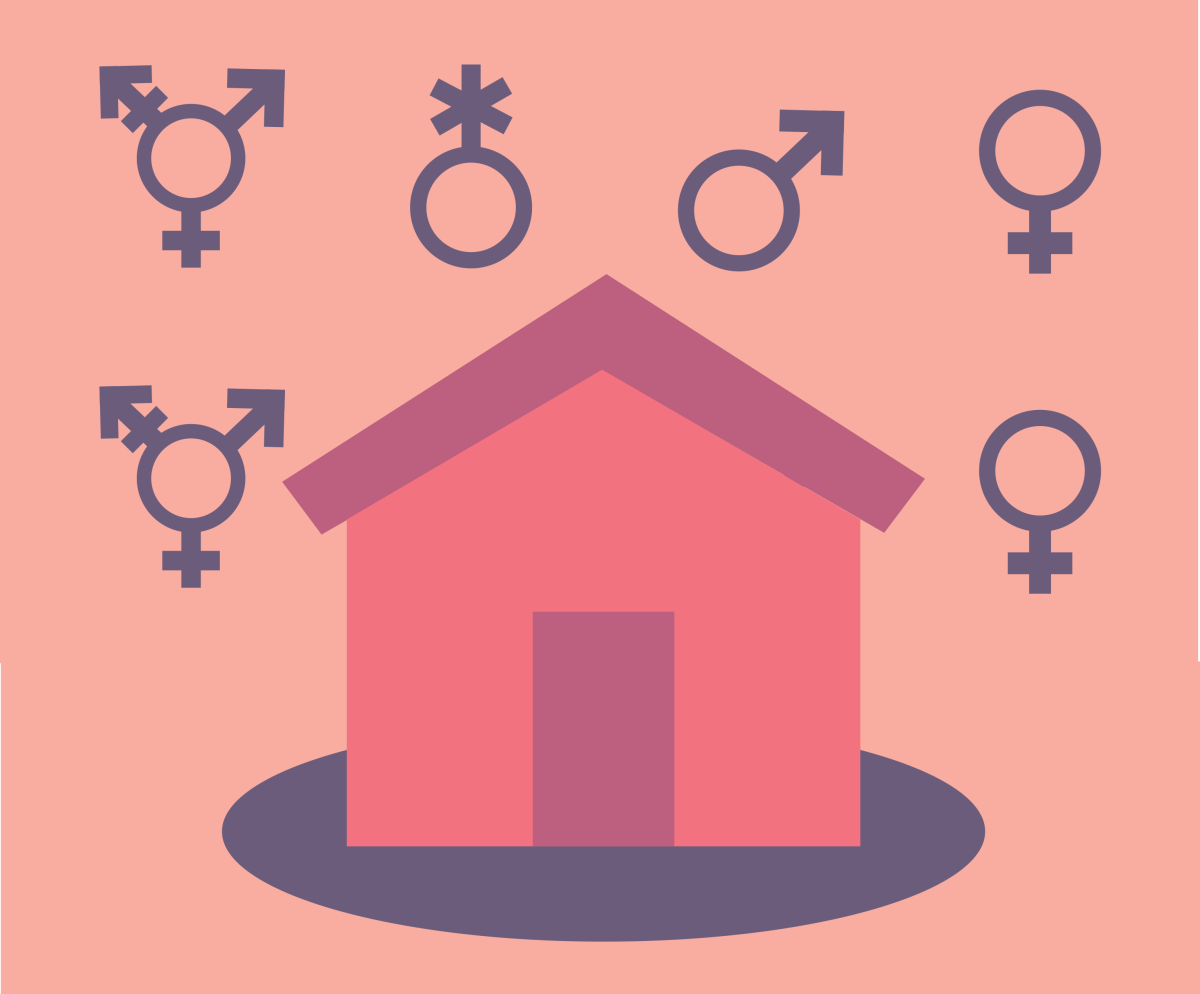
Stephanie Sosa
Gender Inclusive Housing
A system-wide law against gender-inclusive housing is a main topic of concern to be addressed by the Association of Student Governments (ASG) within the UNC System.
UNC System Policy 700.8.1, effective in summer 2013 after a unanimous vote by the Board of Governors, states that its institutions cannot assign members of the opposite sex to the same dorm, suite or campus-owned apartment, thereby creating uncomfortable and unsafe living situations for members of the transgender community.
Jess Errico, student body president and fifth-year studying mechanical and aerospace engineering, outlined the policy and shared the impact that the legislation has on students.
“There is a Board of Governors-level policy that prevents students from sharing housing with members of the opposite sex, as identified by their legal gender marker,” Errico said. “That prevents students from sharing housing if how they identify is different from what might be present on their birth certificate or what they are identified as legally. This came to the Board of Governors’ attention because UNC-Chapel Hill’s trustees supported gender-inclusive housing.”
Errico said that this law applies to all UNC System schools and supersedes any university-level policies, making it harder for University Housing and the GLBT Center to offer adequate living arrangements to students.
Andy DeRoin, program coordinator for the GLBT Center, said that transgender students should contact either University Housing or the GLBT Center to request additional housing accommodations.
“One of both of those offices work with the student to talk through the housing options that are available, because we do have a pretty wide range of room setups and accommodations,” DeRoin said. “We try to help students communicate with University Housing the importance of finding an LGBT-affirming roommate, if that is a concern. Our office is also able to do some behind-the-scenes roommate matching.”
While DeRoin said that although fewer than 10 students have reached out for housing accommodations so far, the process is ongoing due to the need for new housing accommodations each academic year. DeRoin stated that the take on gender-inclusive housing has not changed much after the Board of Governors passed policy 700.8.1 in 2013.
“My understanding is that the options weren’t really any different from what they are now,” DeRoin said. “The way that software was set up in how housing is assigned, it didn’t really allow for it. It’s not like anyone said we couldn’t. For NC State, it didn’t change a ton, but now there is something officially on the books saying you can’t do this.”
Errico said that she has been working with the ASG to advocate for gender-inclusive housing in the UNC System and on NC State’s campus. She said that this issue will also be a primary focus of the ASG Advocacy Day in Raleigh, where student government leaders meet with lawmakers and representatives to discuss topics of concern.
“I know there has been desire for this to change both here on campus here at NC State and also at the system level from students,” Errico said. “Each of our 17 institutions are all sending delegates to [the ASG], and we passed unanimously an act to support moving towards gender-inclusive housing in the UNC System.”
Errico and DeRoin said that they are hopeful that the policy on gender-inclusive housing will change at some point in the near future.
“For students that are coming to campus, the earlier they get in touch with either the GLBT Center or University Housing, the easier it is to really work with them to find the most comfortable and affirming place that they can live,” DeRoin said.
If students have questions or concerns about their housing options and needs, they can reach out to the GLBT Center and University Housing for assistance. Students can share concern on this issue by reaching out to Student Government.